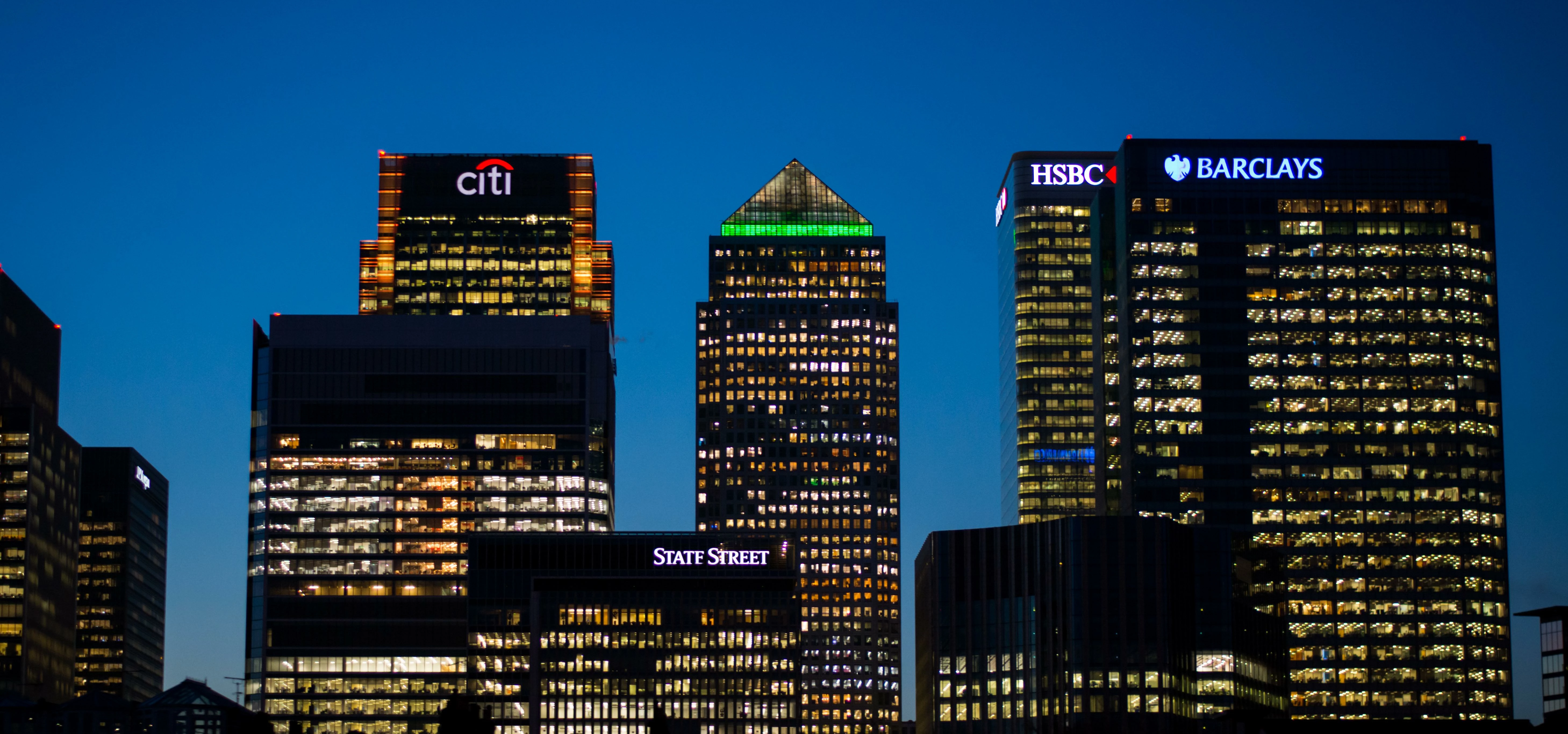
Partner Article
Why HSBC’s East London move is bad news for hipsters but good for the City
It has been a shaky couple of weeks for the City of London and the UK’s financial services sector as a whole.
In the climate of uncertainty surrounding the industry’s passporting rights and access to the European single market that goes with it, rumours abound about big financial firms taking their operations elsewhere and taking flight for the continent.
Just last week, the world’s oldest insurance market, Lloyd’s of London, announced that it has already drawn up contingency plans to set up a rival EU base once PM Theresa May invokes Article 50, with expectations that some of its London workforce would relocate to the new outpost.
Similarly, research released by the Institute for Public Policy Research found that, following June’s EU referendum, finance firms had put a hold on new recruitment until the circumstances surrounding Brexit became clearer resulting in a 13.8% drop in new job vacancies in the sector.
The political situation is not any clearer either, with murmurings that exit negotiations could begin early next year drowned out by competing claims and counterclaims about whether the City has any hope of retaining passporting rights.
It was within this context that rumours swirled last week that banking giant HSBC was on the hunt for a ‘football pitch-sized’ 50,000 sq ft property in East London to house its new headquarters.
Planting itself right in the middle of the capital’s (and Europe’s) FinTech ecosystem is a significant statement of intent by the global bank, both a commitment to technological innovation and the UK at large.
Of course, big financial firms have been cozying up to London’s world-leading FinTech scene for a while now, with the likes of Barclays launching their own accelerators in an attempt to bottle that startup spirit.
However, HSBC’s move, if it transpires, would be the first time that a bank has actively embedded itself in the startup enclave north of the City and highlights the ever-deepening ties between the capital’s tech and financial spheres.
Whether or not the UK’s financial services sector retains its access to the single market, this continued cross-pollination points the way forward for the capital’s continued pre-eminence on the world stage and will remain a key selling point regardless of the outcome of the EU exit negotiations.
Of course, the presence of a global banking behemoth (with a questionable ethical record at that) in a formerly hip quarter is likely to have bearded penny farthing riders crying into their flat whites, or however the tired cliche goes.
For everyone else, the prospect of a major banking institution clamouring to grab a slice of one of the UK’s hottest sectors should help to blow away some of those EU blues.
Which is why HSBC’s eyebrow-raising move to the hipster heartland of Shoreditch should fill financiers with hope that there might just be life in London’s financial services sector after Brexit - even if that means the death of East London’s street cred.
Looking to promote your product/service to SME businesses in your region? Find out how Bdaily can help →
Enjoy the read? Get Bdaily delivered.
Sign up to receive our popular morning London email for free.








 Raising the bar to boost North East growth
Raising the bar to boost North East growth
 Navigating the messy middle of business growth
Navigating the messy middle of business growth
 We must make it easier to hire young people
We must make it easier to hire young people
 Why community-based care is key to NHS' future
Why community-based care is key to NHS' future
 Culture, confidence and creativity in the North East
Culture, confidence and creativity in the North East
 Putting in the groundwork to boost skills
Putting in the groundwork to boost skills
 £100,000 milestone drives forward STEM work
£100,000 milestone drives forward STEM work
 Restoring confidence for the economic road ahead
Restoring confidence for the economic road ahead
 Ready to scale? Buy-and-build offers opportunity
Ready to scale? Buy-and-build offers opportunity
 When will our regional economy grow?
When will our regional economy grow?
 Creating a thriving North East construction sector
Creating a thriving North East construction sector
 Why investors are still backing the North East
Why investors are still backing the North East